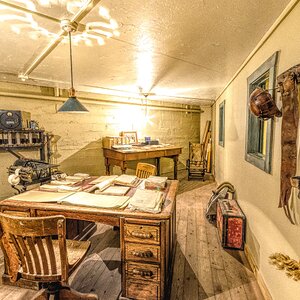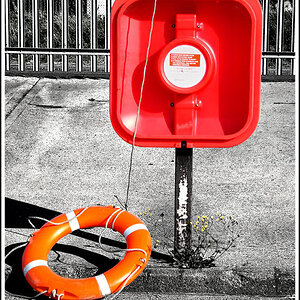pgriz
Been spending a lot of time on here!
- Joined
- Jul 30, 2010
- Messages
- 6,734
- Reaction score
- 3,221
- Location
- Canada
- Can others edit my Photos
- Photos OK to edit
There was no good reason the gov't needed to swoop in and outlaw tungsten bulb. not one*. and if you try to refute with efficiency/energy savings, then you really have no grasp on the issue.
Not so sure that I would agree with you. Considering how many bulbs there are across the country, and considering that the supply of energy requires building new power plants that are usually subsidized by the state, it makes sense for the government to try and reduce the consumption by almost any means possible. A 90% reduction in energy use for lighting is not going to be trivial on the national scale. Granted, GE probably did an excellent lobbying job on the committees and lawmakers that wrote this legislation, but the same imperative exists in promoting other sources of energy such as solar and geothermal, AND for enforcing energy standards for home heating/cooling, appliance efficiency and similar consumers of electricity.
If I look at the USA energy consumption budget (2012 numbers), roughly 70% of the total electrical energy consumption was in residential and commercial useage. The estimates are that about 60% of that are for heating and lighting. If we assume that lighting is at least 10% of that, then that represents about 160 TWh of energy use per year. The Hoover Dam has an average 4.2TWh capacity annually. So by reducing energy consumption of light by 90%, there exists the possibility of lowering the light portion of energy consumption to maybe 16TWh. That's a lot of generating capacity that won't have to be built.
Given that it appears that coal supplies 41% of the electrical energy and natural gas another 25%, this anticipates that reduction in generating capacity can be done in the most polluting and least efficient plants. I'm thinking that was certainly on the minds of lawmakers.



![[No title]](/data/xfmg/thumbnail/42/42468-f720ff996eb9cc6554c0019901223156.jpg?1619740193)


![[No title]](/data/xfmg/thumbnail/42/42464-98a778e864f4e6df2a9cc673b7549322.jpg?1619740192)





